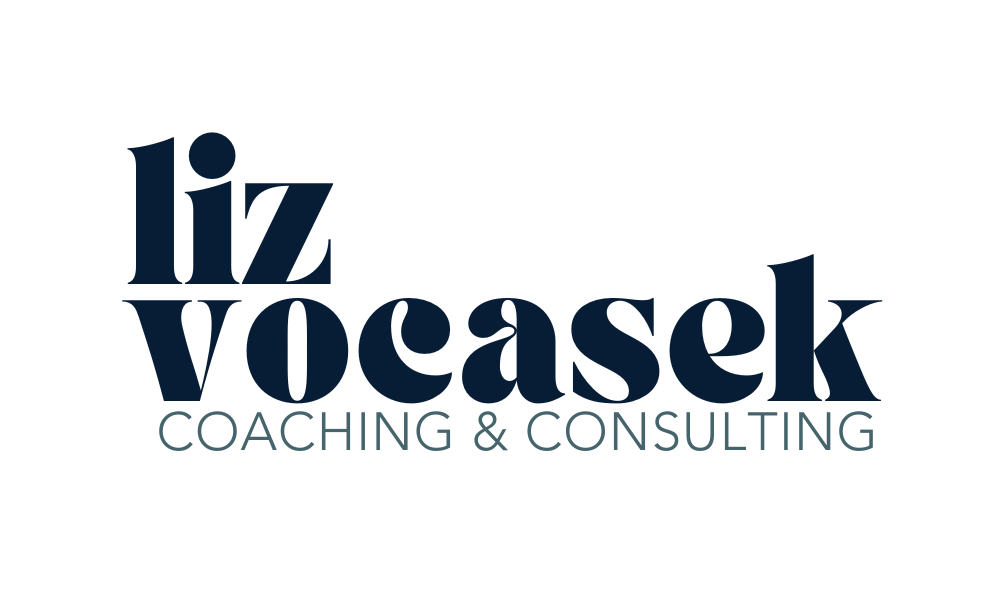Coaching, consulting, therapy & mentoring: What they are and what makes them different.
I am a big fan of coaching, consulting, therapy, and mentoring as both personal and professional tools. With a passion for the human experience and self-improvement, it’s no surprise that I’ve sought out each one of these resources in different iterations at different times in my life. In order to do so, it has required some research and learning to make sure I found the right people to partner with for these processes, especially when money is involved. While I claim no expert authority, especially as language and industries are ever-changing, I feel comfortable saying that at this point in time I have a pretty good grasp on the role each one plays. With generational shifts, ever-changing international affairs and politics, and COVID accelerating world changes, I think it’s beneficial to understand what is out there to help us navigate life, careers, the past, present, and future. So, here we go!
COACHING
According to the International Coaching Federation (ICF), one of the leading accreditation bodies, coaching is defined as “partnering with clients in a thought-provoking and creative process that inspires them to maximize their personal and professional potential. The process of coaching often unlocks previously untapped sources of imagination, productivity, and leadership.” Coaching is a forward-facing discovery process where a coach and coachee collaborate to define goals, establish metrics for success, and anticipate and overcome challenges along the way. Coaching is not the same as therapy, as there is no authority for diagnosis and the goal is to focus on the future. While there may be a suggestion or two along the way, the coach’s role is to empower the coachee to uncover answers and solutions that work best for their situation. Coaches do a lot of deep, strategic listening and develop curious and thought-provoking questions. A qualified coach is formally trained and ensures their coachees are leading the way in the process and sessions. Coaches are great for helping find clarity so a person can get “unstuck” when internal and external voices and barriers are impeding success or growth.
CONSULTING
According to the Harvard Business School, consulting is the process of providing advice “on how to modify, proceed in, or streamline a given process within a specialized field.” As outlined in Arthur Turner’s article “Consulting is More Than Giving Advice”, consulting is an independent process in which a content expert collects internal and external data, identifies or diagnoses an issue, and/or provides contextualized strategies for problem-solving or process implementation. A consultant’s job is not to give a cookie-cutter response but to embrace the data, context, personnel, and challenges from a variety of perspectives to ensure a holistic understanding. Consultants rely on their expertise and problem-solving skills to communicate information in an effective, digestible way, as a third party guide. Collaborating with a consultant can be a useful way to find out if what you think you know is correct and, if done ethically and thoughtfully, develop and communicate solutions and best practices.
THERAPY
According to the American Psychological Association (APA), therapy (shortened from psychotherapy) is defined as “any psychological service provided by a trained professional that primarily uses forms of communication and interaction to assess, diagnose, and treat dysfunctional emotional reactions, ways of thinking, and behavior patterns.” While coaching is strictly forward-facing, therapy uses a medical framework with specific processes and defined outcomes to address trauma, dysfunctional thinking, and mental health issues. Whether or not someone takes ownership of it, we have all inherited trauma and/or pain passed down from our ancestors and our lived experiences. Therapy is not about assigning blame or being broken—it’s about taking accountability for moments in our past or present that keep us from moving forward in a healthy way. Therapists provide a judgment-free space that empowers the client to actively focus on and unpack the mental clutter that we collect along life’s journey.
MENTORING
According to EMCC Global, mentoring is defined as a “learning relationship, involving the sharing of skills, knowledge, and expertise between a mentor and mentee through developmental conversations, experience sharing, and role modelling. The relationship may cover a wide variety of contexts and is an inclusive two-way partnership for mutual learning that values differences.” Mentoring, if done thoughtfully, invites someone in a position of power or with greater social capital to formally or informally provide guidance, counsel, connections, tools, and resources to another individual. Some schools, organizations, and companies have established mentoring programs, while in other cases these relationships come about organically. Mentorship can help bridge generational gaps, create connections, and propel someone forward in a certain area or industry. As beautifully stated by EMCC Global, true mentorship is an exchange of information and knowledge, as mentors can also learn from their mentees when the situation is approached by both parties with a growth mindset.
So, there you have it—Liz’s coaching, consulting, therapy, and mentoring overview. Before I wrap up here, it is worth noting the unnecessary stigmas associated with some of these tools. Here in America, we can be known to carry an often biased and antiquated idea of “pulling oneself up by your bootstraps” and view the use of these tools as an indicator of personal flaws or insufficiency. This is a stifling way to approach the world fueled by pride and ego, which I too am still guilty of at times. Pursuing help, resources, and support is a privilege and a shortcut—and everyone is doing it in one way or another. So, leverage your opportunities, find what serves you, and do what you need to do to be the best version of yourself.
Until next time, y’all be kind out there.

